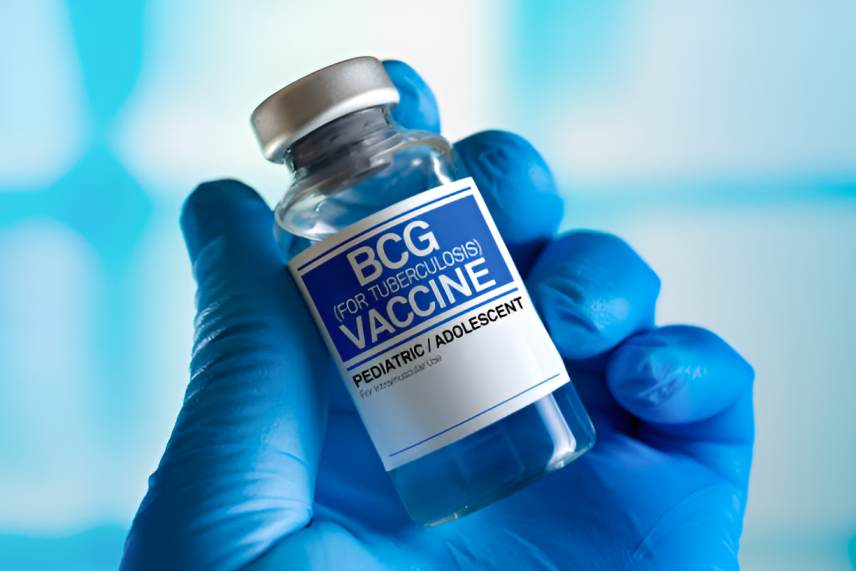Over 133,000 children in Kenya failed to receive essential childhood vaccines in 2024, marking a sharp increase in immunisation gaps, according to a new report by the World Health Organization and Unicef.
The report paints a troubling picture of declining vaccination rates in Kenya, even as global numbers show slight progress.
Released on Tuesday, the joint report reveals that Kenya now accounts for 4.7 per cent of all “zero-dose” children, those who have not received a single vaccine, in Eastern and Southern Africa, and 0.9 per cent globally.
This marks a worrying increase of 90,000 unvaccinated children from the previous year.
While Kenya’s Expanded Programme on Immunisation (KEPI) includes 14 vaccines, only four met the recommended national coverage rate of 90 per cent or higher in 2024.
The drop in coverage has left thousands of children vulnerable to diseases that are otherwise preventable.
The report attributes the decline to multiple setbacks, including stock-outs of vital vaccines such as Bacillus Calmette-Guérin (BCG) for tuberculosis, Measles-Rubella (MR), and Oral Polio. These shortages are part of a broader trend, with Kenya experiencing similar disruptions in vaccine supply in 2018, 2019, 2020 and again in 2024.
Measles immunisation was particularly affected, with about 178,000 children missing the first routine dose, making it one of the least covered vaccines last year.
The Human Papillomavirus (HPV) vaccine—introduced in 2020 as part of the routine immunisation programme—recorded the lowest coverage in 2023 at just 4 per cent. However, in 2024, first-dose HPV coverage rose to 79 per cent among eligible girls aged 9 to 14, although completion rates remained low at 36 per cent.
Out of the 14 vaccines in KEPI’s schedule, eight recorded lower coverage in 2024 than in the previous year.
These include BCG, Diphtheria-Tetanus-Pertussis (DTP1 and DTP3), Inactivated Polio Vaccine (IPV1), Measles (MCV1), Pneumococcal (PCV3), the third Polio dose, and Yellow Fever. The only vaccine that showed an improvement in coverage was the Rotavirus vaccine.
Despite these challenges, Kenya has made notable strides in expanding its immunisation programme since 2002, adding nine new vaccines to improve child health outcomes.
"It is encouraging to see a continued increase in the number of children being vaccinated, although we still have a lot of work to do," said WHO Director-General Dr Tedros Adhanom Ghebreyesus.
He raised concern about the effect of declining aid and vaccine misinformation, warning that these factors could reverse decades of progress.
Unicef Executive Director Catherine Russell echoed these concerns, urging governments and health systems to respond urgently.
“We must act now with determination to overcome barriers such as shrinking health budgets, fragile health systems along with misinformation and access constraints because of conflicts. No child should die from a disease we know how to prevent.”
The report outlines the root causes of the decline in Kenya’s immunisation coverage, pointing to limited access to services, supply chain disruptions, ongoing conflicts and instability, and growing vaccine misinformation.
"Even small declines in immunisation coverage can dramatically raise the risk of disease outbreaks and put additional strain on already overstretched health systems," the WHO noted.
The organisation emphasised the need for stronger domestic investment and country-specific solutions to ensure all children are reached.
"WHO remains committed to working with our partners to support countries to develop local solutions and increase domestic investment to reach all children with the lifesaving power of vaccines," Dr Tedros added.

